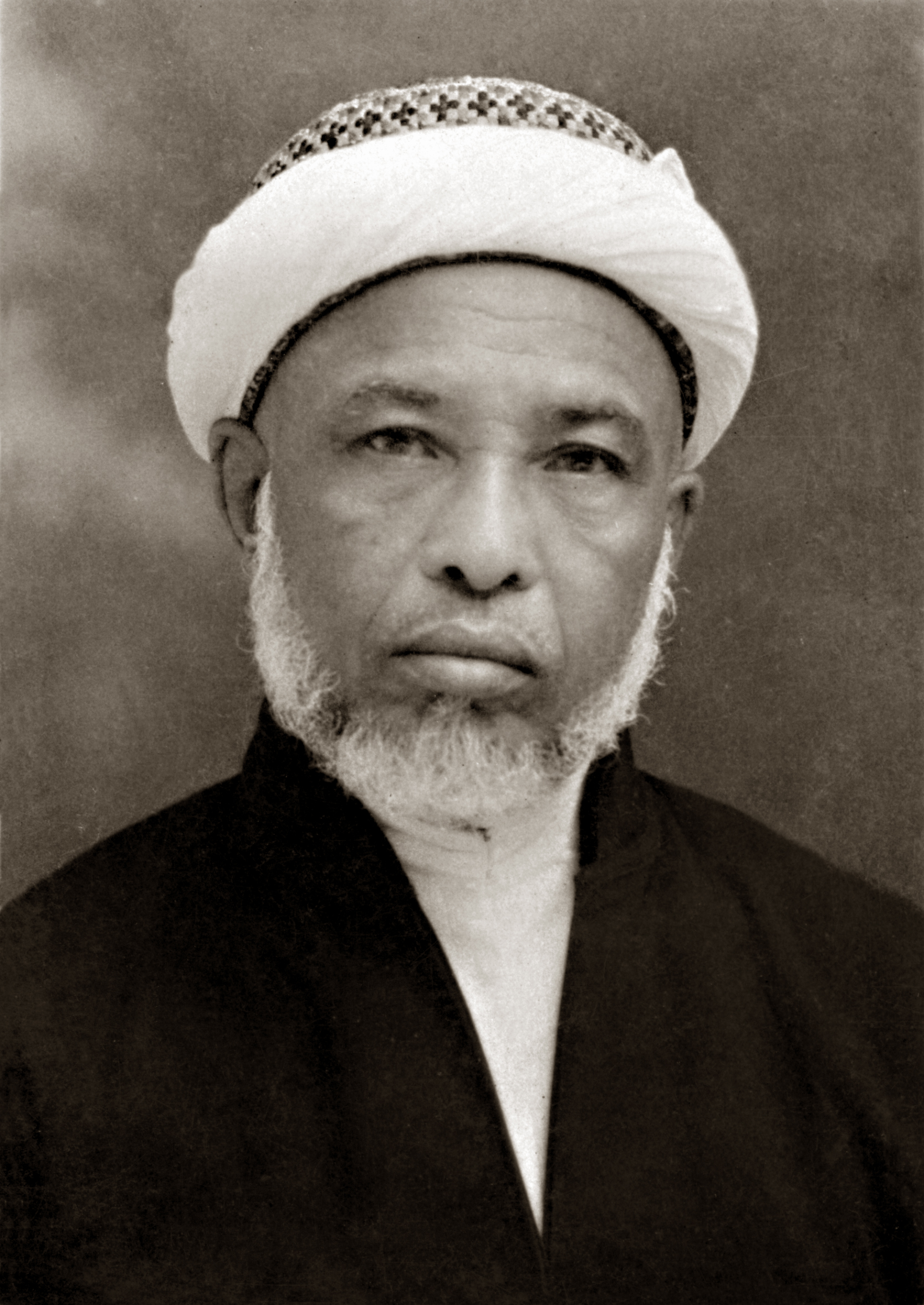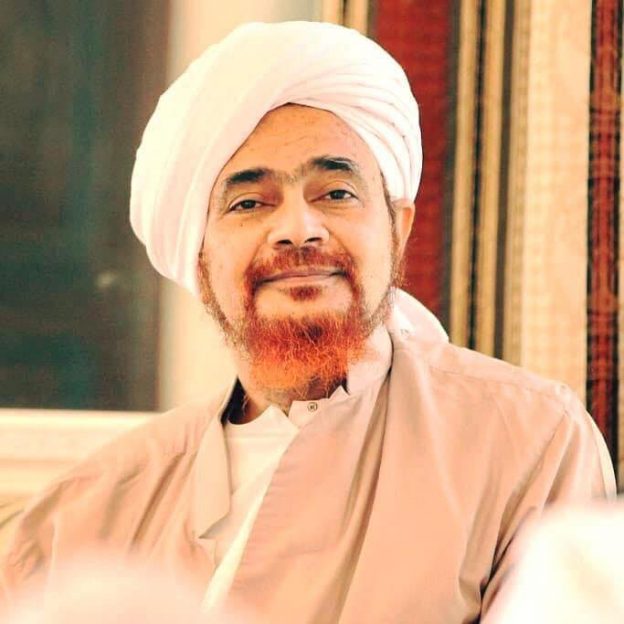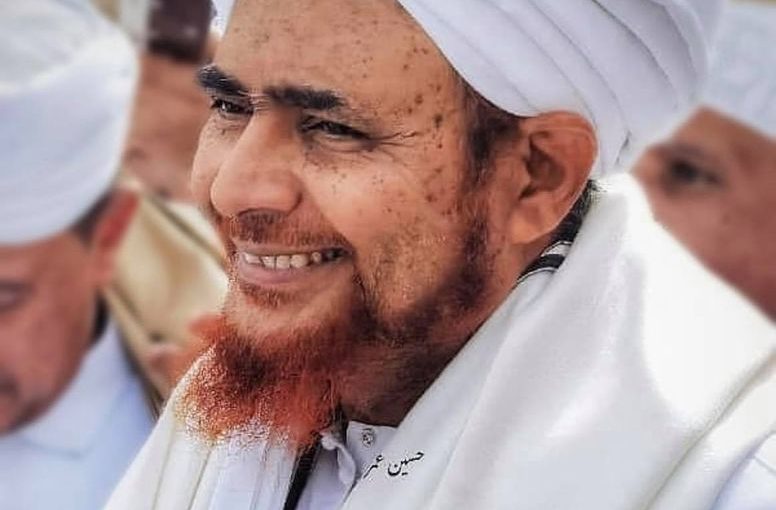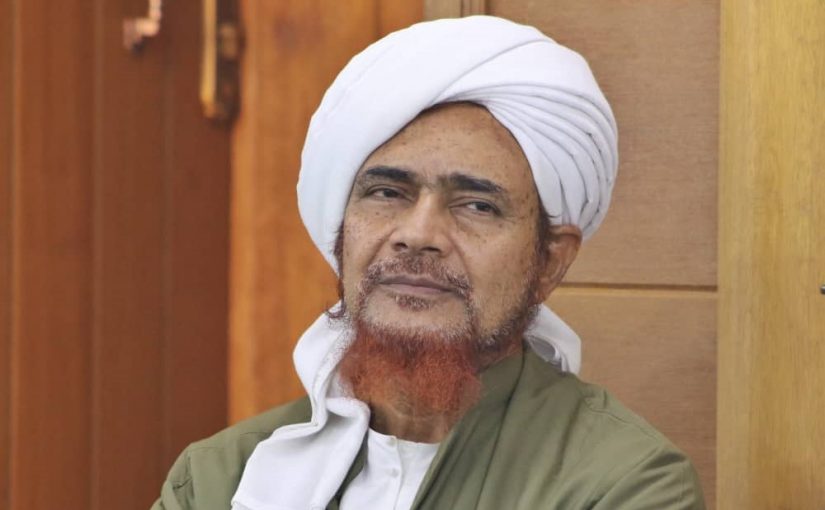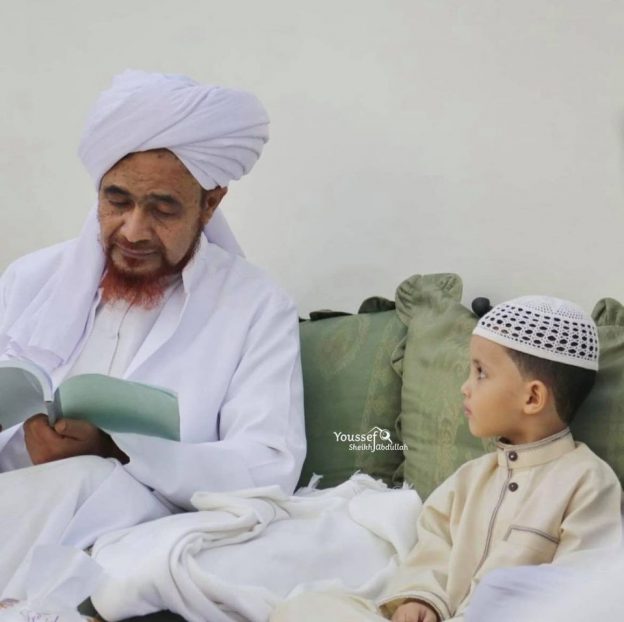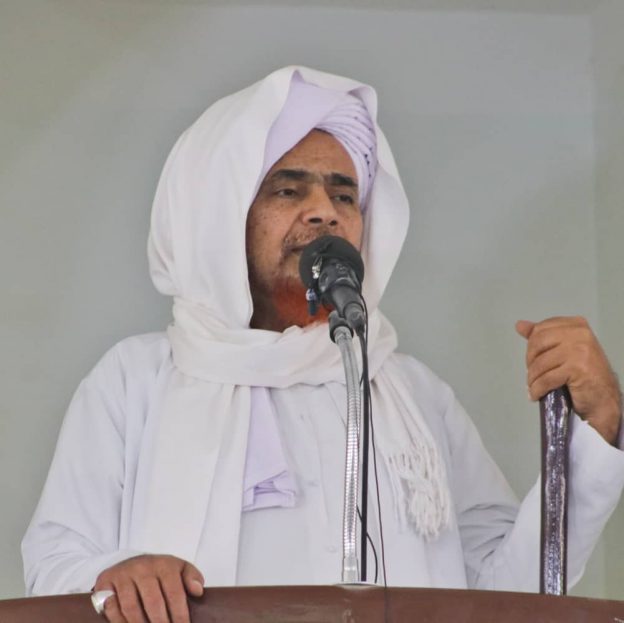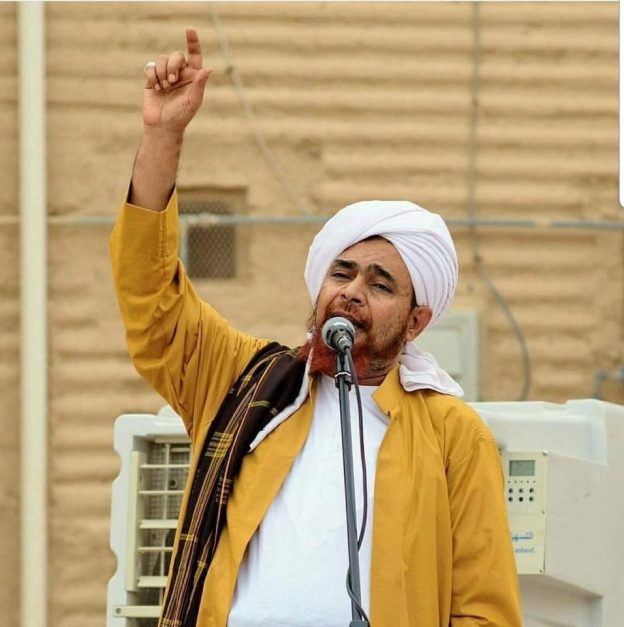His Lineage
He is al-Imam al-Habib Umar bin Ahmad bin Abu Bakr bin Abdullah bin Abd al-Rahman bin Muhammad bin Zayn bin Alawi bin Abd al-Rahman bin Abdullah bin Muhammad Sumayt bin Ali bin Abd al-Rahman bin Ahmad bin Alawi bin Ahmad bin Abd al-Rahman bin Alawi Amm al-Faqih (uncle of al-Faqih al-Muqaddam), bin Muhammad Sahib Mirbat, bin Ali Khali’ Qasam, bin Alawi, bin Muhammad Sahib al-Sawma’ah, bin Alawi, bin ‘Ubaydullah, bin al-Imam al-Muhajir il-Allah Ahmad, bin ‘Isa, bin Muhammad al-Naqib, bin Ali al-Uraydi, bin Ja’far al-Sadiq, bin Muhammad al-Baqir, bin Ali Zayn al-Abidin, bin Husayn al-Sibt, bin Ali bin Abi Talib and Fatimah al-Zahra’, the daughter of our Master Muhammad, the Seal of the Prophets ﷺ. Continue reading Habib Umar bin Sumayt

